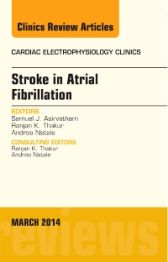Stroke in Atrial Fibrillation, An Issue of Cardiac Electrophysiology Clinics, 1st Edition
Because atrial fibrillation promotes the formation of blood clots that can travel to the brain and block an artery, atrial fibrillation independently increases the risk of ischemic stroke four-to-five-fold. In this issue expert authors review drug therapies for stroke prevention, use of the new anticoagulants, ablation strategies for stroke prevention, LAA closure for stroke prevention, stroke in heart rhythm device patients, transesophageal echo in atrial fibrillation, and other topics important to the management of this serious complication.
"A comprehensive and well-referenced source of evolving information, clinical trials and their implications." Reviewed by Perfusion, Apr 2015
Because atrial fibrillation promotes the formation of blood clots that can travel to the brain and block an artery, atrial fibrillation independently increases the risk of ischemic stroke four-to-five-fold. In this issue expert authors review drug therapies for stroke prevention, use of the new anticoagulants, ablation strategies for stroke prevention, LAA closure for stroke prevention, stroke in heart rhythm device patients, transesophageal echo in atrial fibrillation, and other topics important to the management of this serious complication.
"A comprehensive and well-referenced source of evolving information, clinical trials and their implications." Reviewed by Perfusion, Apr 2015
Author Information
| ISBN Number | 9780323286992 |
|---|---|
| Main Author | By Samuel J. Asirvatham, MD |
| Copyright Year | 2014 |
| Edition Number | 1 |
| Format | Book |
| Trim | 178w x 254h (7.00" x 10.00") |
| Imprint | Elsevier |
| Page Count | 0 |
| Publication Date | 9 Feb 2014 |
| Stock Status | IN STOCK - This may take up to 5 business days to ship |
"This book would be of particular value to cardiologists and stroke physicians. However, to a cardiac surgical trainee, it does serve to stress the importance of timely detection and appropriate management of postoperative atrial fibrillation, given its potentially devastating effects. Overall, this book is an important source of knowledge and contains a wealth of relevant references to guide readers who seek more information." Reviewed by Perfusion, Apr 2015
Related Products
-
35% OFF
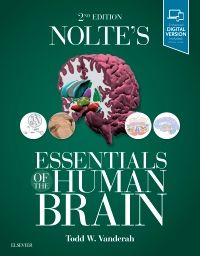 Book
Book
-
35% OFF
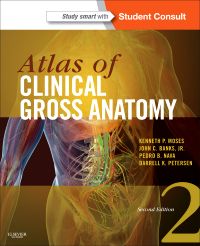 Book
Book
-
30% OFF
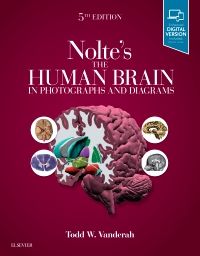 Book
Nolte's The Human Brain in Photographs and Diagrams
Book
Nolte's The Human Brain in Photographs and DiagramsTodd W. Vanderah
Jan 2019
Special Price $44.79 $63.99 -
35% OFF
 Flash Cards
Flash Cards
-
35% OFF
 Flash Cards
Flash Cards
-
35% OFF
 Online Resource
Netter's Dissection Video Modules (Retail Access Card)
Online Resource
Netter's Dissection Video Modules (Retail Access Card)University of North Carolina Chapel Hill and Frank H. Netter
Oct 2015
Special Price $117.64 $180.99 -
30% OFF
 Book
Book
-
35% OFF
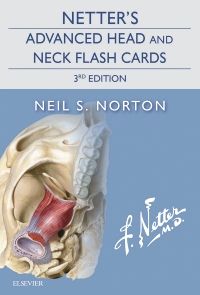 Flash Cards
Flash Cards
-
35% OFF
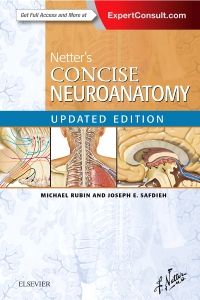 Book
Book
-
35% OFF
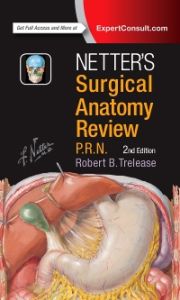 Book
Book




